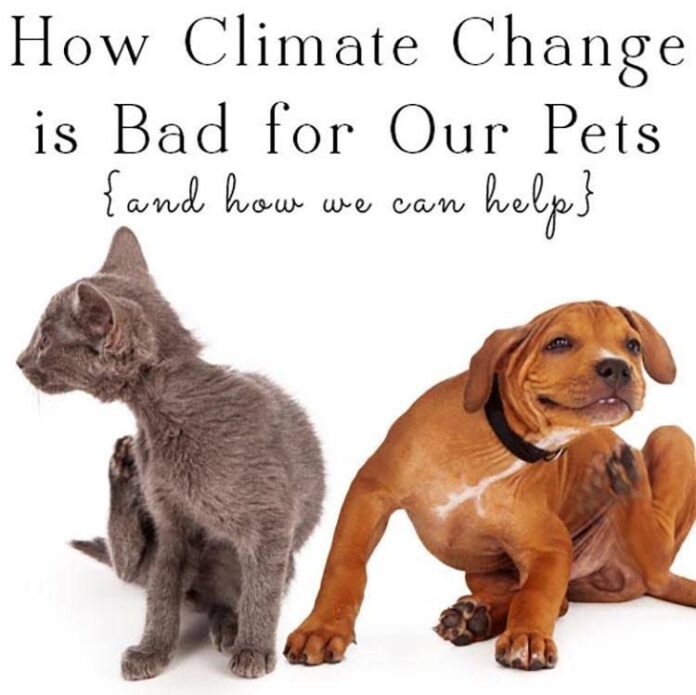Our pets are part of the climate problem, and it’s time we had an honest conversation about their environmental impact While we cherish our furry companions, understanding their contribution to climate change is crucial for making informed decisions about pet ownership and environmental stewardship
The Hidden Environmental Cost of Pet Ownership
When we think about climate change, we often focus on cars, factories, and energy consumption. However, our beloved pets, particularly dogs and cats, have a significant environmental footprint that many of us overlook. For more insights about dog-related environmental impacts, check out our comprehensive guide on responsible pet ownership.
The Carbon Pawprint Breakdown
- Pet Food Production
- Meat-based pet food contributes to greenhouse gas emissions
- Agricultural land use for pet food production
- Processing and packaging environmental impact
- Waste Management
- Pet waste contributes to methane emissions
- Plastic waste from pet supplies and accessories
- Water consumption for cleaning and maintenance
How Our Pets Are Part of the Climate Problem
The carbon footprint of our pets extends beyond what meets the eye. According to studies, the average dog’s carbon footprint can be twice that of an SUV driving 6,000 miles a year. But don’t worry, Pet like boss has got your back with sustainable pet care solutions!
Pet Food’s Environmental Impact
Our pets are part of the climate problem largely due to their diet. The meat-intensive diet of cats and dogs accounts for:- 25-30% of environmental impacts from animal production- Significant water usage in meat production- Deforestation for agricultural land
Solutions and Sustainable Pet Ownership
Eco-Friendly Alternatives
- Sustainable Pet Food Options
- Consider insect-based protein foods
- Look for sustainably sourced ingredients
- Choose bulk packaging to reduce waste
- Responsible Waste Management
- Use biodegradable poop bags
- Compost pet waste when possible
- Minimize plastic toy purchases
Making a Difference
Our pets are part of the climate problem, but they don’t have to be! Here’s how you can help:- Choose eco-friendly pet products- Support sustainable pet food manufacturers- Adopt don’t shop- Practice responsible pet ownership
The Future of Sustainable Pet Care
Innovation in Pet Products
- Development of sustainable pet food alternatives
- Eco-friendly pet accessories
- Biodegradable waste solutions
Community Action
- Supporting local pet initiatives
- Education about sustainable pet ownership
- Collective responsibility
While our furry friends contribute to environmental challenges, there are many ways to reduce their impact while maintaining their quality of life By making mindful choices and staying informed, we can ensure our pets remain loving companions while minimizing their environmental pawprint
Quick Tips for Eco-Conscious Pet Parents
- Buy in bulk to reduce packaging waste
- Choose sustainable pet food options
- Use eco-friendly pet supplies
- Support environmentally responsible pet brands
- Practice proper waste management
Remember, every small action counts towards creating a more sustainable future for both our pets and the planet For more tips and tricks on sustainable pet care, visit our friends at Pet like boss who are leading the charge in promoting eco-friendly pet ownership
Together, we can make pet ownership more sustainable while keeping our furry friends happy and healthy!












